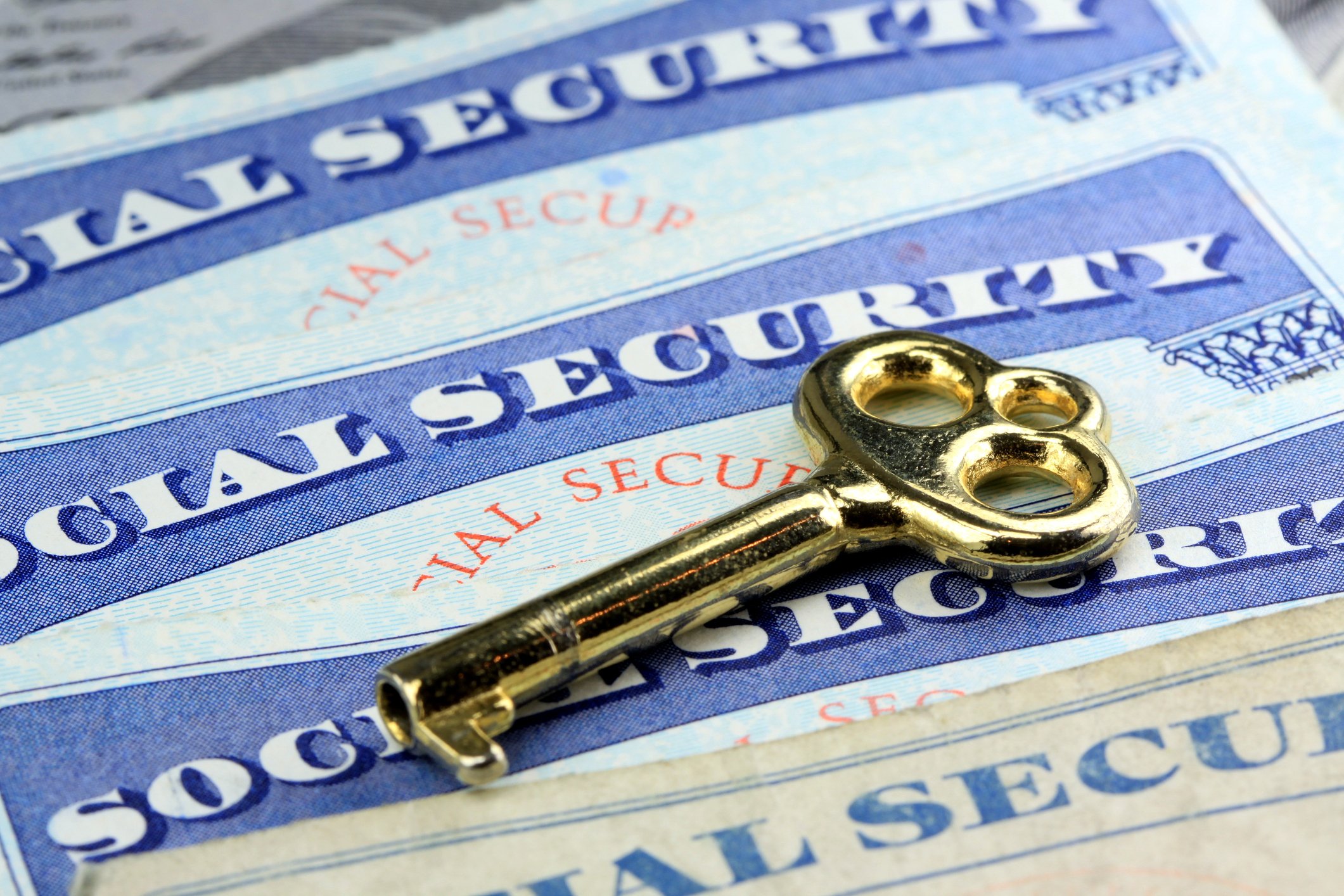One of the most important questions about Social Security is when you should apply for benefits. Most people can get Social Security as early as age 62, but waiting longer can result in larger checks once you do start collecting. Many people get confused how to decide when the best time to apply for benefits is. Although there's no single answer that's right for everyone, below we'll look at the three main things that play into the decision.

Image source: Getty Images.
1. Life expectancy
The most important question when it comes to Social Security claiming decisions is also the hardest to answer: How long do you expect to live? No matter how long you end up claiming payments, there's a fundamental trade-off involved with any claiming decision: The earlier you claim, the more monthly payments you get, but the smaller they will be.
As a result, those who claim early will build up an initial lead in terms of money received from Social Security over those who wait. Once those late-starters receive their larger monthly checks, they'll begin to catch up with those early claimers. Most breakeven analysis concludes that the time at which late-claimers catch up to early claimers is in their late 70s or early 80s. So if you believe you'll live beyond that age, then it makes more sense to wait. If family history or personal health issues lead you to conclude that the odds are against you, then claiming early can lead you to get more in total lifetime Social Security benefits.
2. Whether you have loved ones who will rely on your Social Security benefits
The life expectancy argument is typically the main concern for those who are single and don't have anyone who can claim Social Security spousal, children's, or survivor benefits. However, for those who do have loved ones in the Social Security picture, the decision can get more complicated.
On one hand, survivor benefits are based on the claiming decision that you make during your lifetime. If you claim early, then not only will your benefits be lower, but the survivor benefits your spouse or children might be entitled to receive will also be lower. That can make it smart to wait even when you think your own personal lifespan will be short -- if you think your spouse will reap the rewards of higher survivor benefits for a long time.
At the same time, loved ones can't claim spousal or children's benefits until you claim your own retirement benefits. That can make it smarter to claim early, especially if children will only be eligible to receive benefits for a limited period of time.
3. Whether you have outside income and money sources
Finally, a key issue to consider is how much outside income you have from other sources. If you still work, then annual earnings above a certain amount -- $16,920 for those who won't reach full retirement age in 2017 -- can cause you to forfeit $1 in annual benefits for every $2 you earn above the threshold. Those benefits aren't necessarily lost forever, as they can lead to a slight increase in your retirement benefit later in life. However, there's no guarantee that you'll ever earn back the full lost amount.
Meanwhile, regardless of where your income comes from, taking Social Security at the wrong time can subject your benefits to income tax. The test the IRS applies is whether the total of your non-Social Security income and half your Social Security benefits exceeds $25,000 for single filers and $32,000 for joint filers. If so, then some of your benefits can be included in taxable income, with a maximum of 85% of benefits being included for higher-income individuals. If you can avoid these problems by waiting, then that can give you the incentive you need -- especially if you can live off your non-Social Security financial resources.
Choosing when to take Social Security can be tough. The factors above should give you a starting point for how to make the smartest decision to fit with your own particular financial situation.





